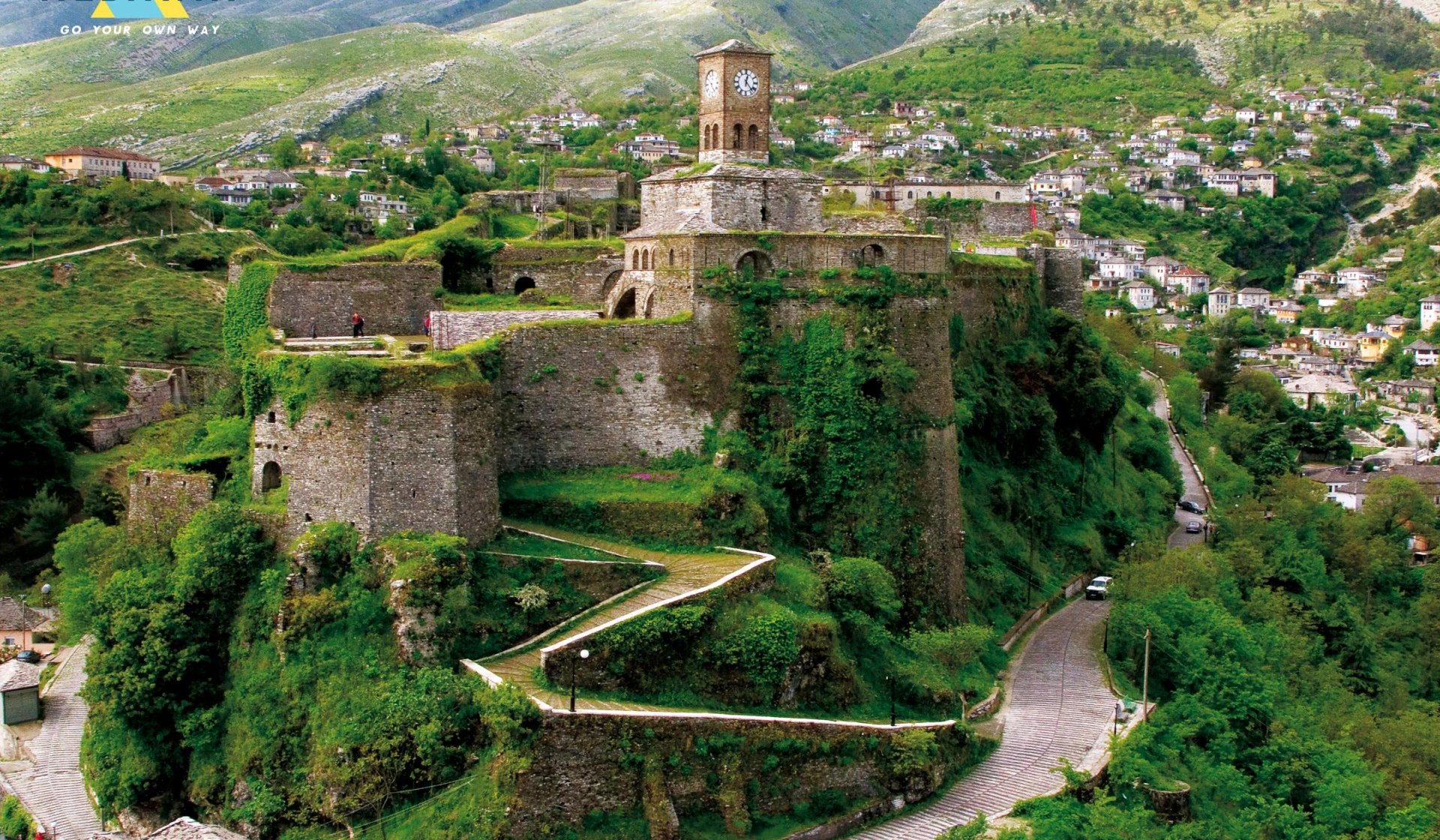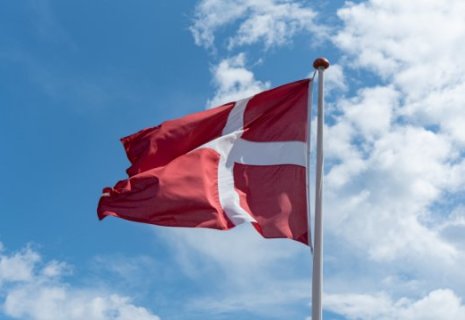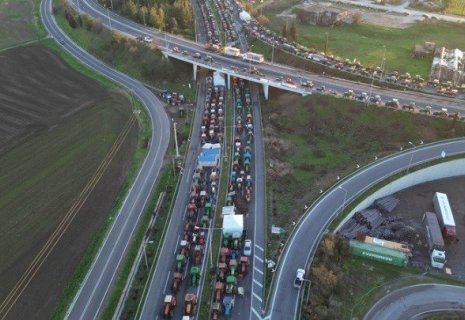
Albania in the information picture of the World
Albania, a small Balkan nation located on the Adriatic and Ionian Seas, has gradually emerged from the shadows of its tumultuous history to gain a more prominent position in the global information landscape. This transformation is not merely reflective of internal changes, but it is also shaped by international dynamics, technological advancements, and cultural exchanges. In exploring Albania’s position in the world’s information picture, it is essential to consider various dimensions: socio-political evolution, digital transformation, cultural heritage, and regional positioning, CE Report reports.
Historical Context and Political Evolution
Albania’s modern history is a tapestry woven with periods of isolation, turmoil, and transformation. After decades of strict communist rule, the early 1990s marked the beginning of a significant transition towards democracy and a market economy. This political shift allowed for greater engagement with the global community. Initially viewed as a less appealing destination due to its past, Albania has sought to rebrand itself on the international stage.
The country's political evolution has also facilitated its memberships in international organizations, including NATO (2009) and aspirations toward European Union (EU) integration. These affiliations have enabled Albania to align more closely with Western norms and standards, enhancing its visibility and credibility in the global arena. Consequently, Albania has become more integrated into the information economy, pursuing active participation in discussions about regional stability, security, and economic development.
Digital Transformation and Connectivity
In recent years, Albania has made significant strides in digital transformation, increasingly harnessing technology to improve governance, service delivery, and economic growth. The government has recognized the importance of information technology in enhancing transparency, efficiency, and accessibility. Initiatives such as electronic governance and online public services have become cornerstones of Albania’s development strategy.
Furthermore, Albania is experiencing a burgeoning startup ecosystem, especially in tech-related fields. The country’s youth, who are often tech-savvy and entrepreneurial, play a crucial role in this digital landscape. As internet penetration rates rise and digital literacy improves, Albania finds itself positioned to leverage technology for growth and innovation. This shift not only fosters local entrepreneurship but also invites foreign investment, further embedding Albania within the global information economy.
Cultural Heritage and Soft Power
Albania’s rich cultural heritage, characterized by its diverse influences ranging from Illyrian to Ottoman, offers a unique narrative that enhances its soft power on the international stage. The government has actively promoted tourism and cultural exchange as means to showcase its history and traditions. UNESCO's recognition of several Albanian sites, such as the ancient city of Gjirokastër and the archaeological site of Butrint, has also drawn global attention.
In the age of social media and information sharing, Albania is increasingly exploring how to effectively communicate its cultural assets to the world. Through platforms like Instagram, Facebook, and YouTube, the nation is crafting a more appealing narrative, attracting tourists, cultural enthusiasts, and potential investors. This growth in cultural diplomacy serves to bolster Albania’s image while contributing to the broader understanding and appreciation of its identity.
Regional Positioning and Cooperation
Albania's geographic location situates it as a bridge between Western and Eastern Europe, offering strategic advantages in regional cooperation and trade. Its participation in regional initiatives, such as the Berlin Process—a framework for enhancing cooperation among Western Balkan countries—demonstrates its commitment to fostering collaboration and dialogue.
Additionally, Albania’s role as a member of various regional organizations and forums allows it to engage actively in discussions on critical issues, ranging from economic development to environmental sustainability. Through these interactions, Albania not only enhances its own information profile but also contributes to collective regional solutions.
Challenges and Opportunities Ahead
Despite the progress made, Albania still faces challenges. Issues such as corruption, political instability, and economic disparities hinder its full potential. The international community’s perception of Albania is often colored by these issues, underlining the need for continued reforms to enhance governance and address social inequalities.
Looking ahead, Albania's adoption of digital technologies, commitment to cultural promotion, and proactive regional engagement represent opportunities to further integrate into the global information picture. By addressing internal challenges and leveraging its unique assets, Albania can secure a more favorable position in the future.
Conclusion
Albania's journey towards achieving a more prominent place in the global information landscape is characterized by resilience and transformation. From its historical context to its contemporary initiatives, the nation is successfully reshaping its narrative on the world stage. As Albania continues to embrace the digital age, promote its cultural heritage, and engage in regional cooperation, it stands poised to emerge as a significant player in the complex web of global information dynamics.
























